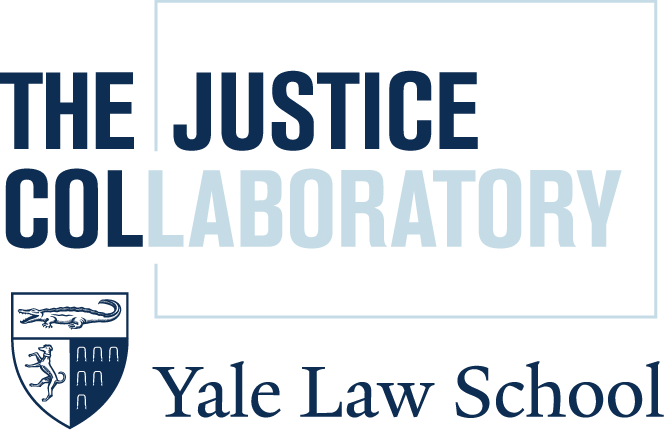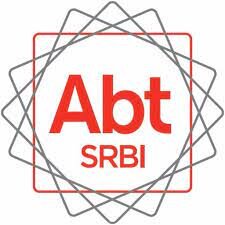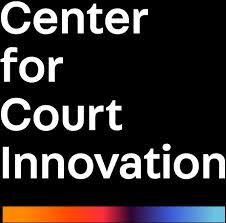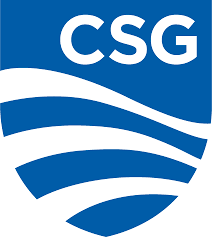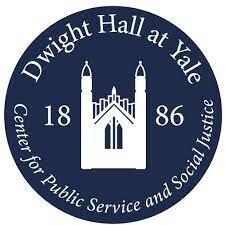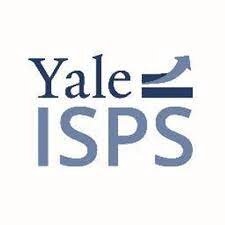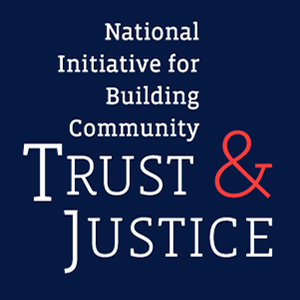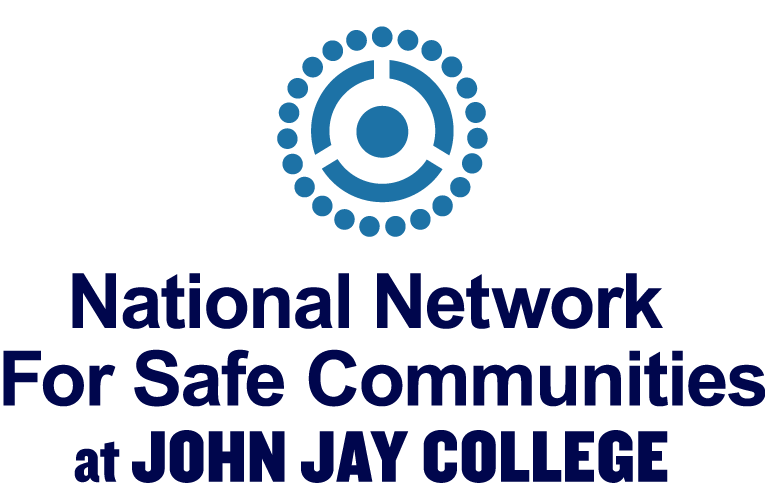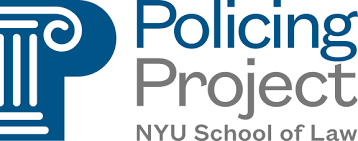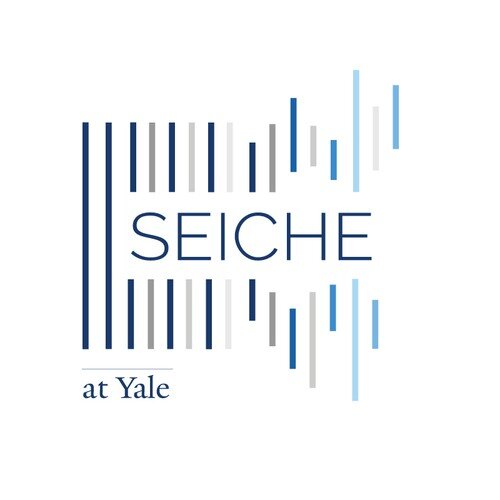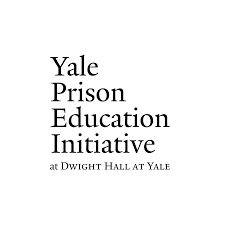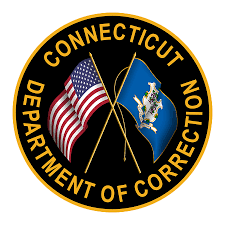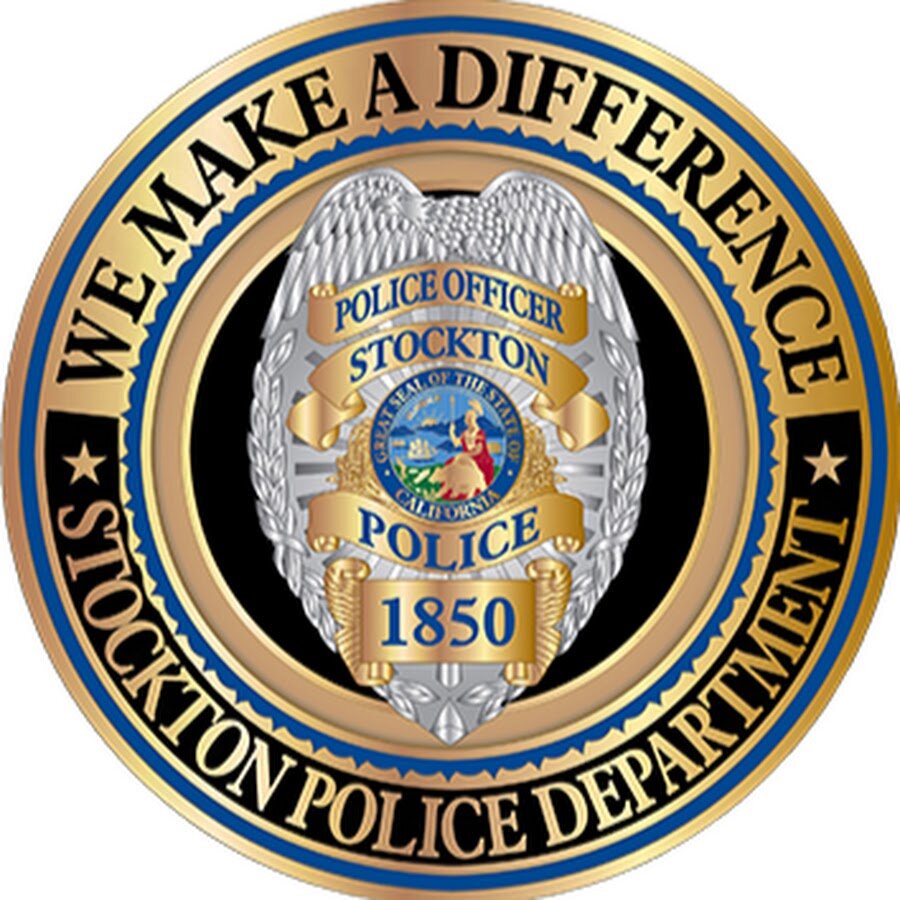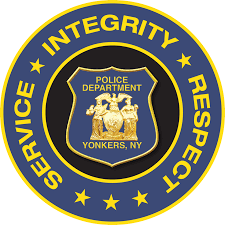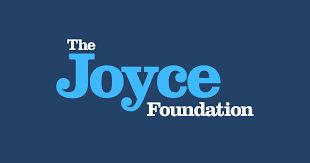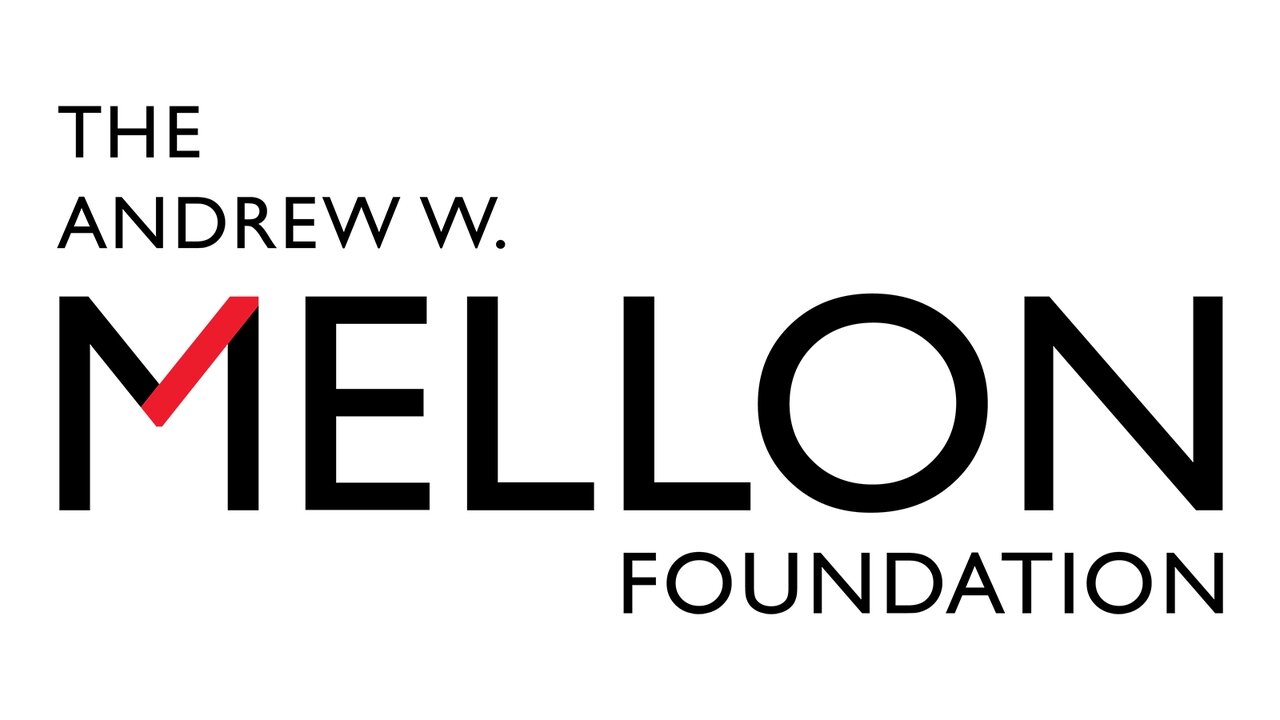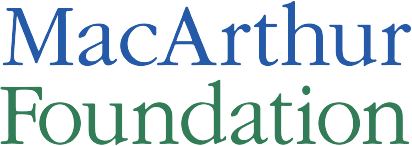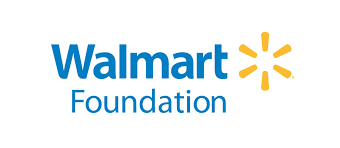About the Justice Collaboratory

Our Vision and Mission
The Justice Collaboratory at Yale Law School is a group of nationally recognized academics, researchers, and social scientists who have joined together to build a more just, effective, and democratic criminal legal system by advancing public policies that are scientifically proven to build strong and safe communities where all citizens can thrive.
Our work is based on powerful and proven theoretical approaches.
We can make communities safer by making them stronger. This means increasing access to quality education, healthcare, housing, jobs, and improving the legitimacy of law enforcement. Specifically we:
Amplify scientifically proven justice theory.
Translate evidence-based theory into practical recommendations for policy and practice
Build and nurture a community of diverse leaders in America
The research findings of The Justice Collaboratory, derived from a strict adherence to the scientific method, are the basis for the proven theoretical foundations that can transform historically underserved communities to ones of vitality, opportunity, and justice for all citizens.
Approach
The Justice Collaboratory’s primary aim is to lead fundamental change by using serious science for serious impact. Generating theory for justice system transformation serves as our true north. The JC amplifies the incredible work of our scholarly community and works to continually recruit leading academics working on these issues. Justice happens here.
Specific theories include:
Procedural Justice
A theory based on the expectations of citizens concerning their right to be heard, fair treatment, neutral decision making and honest motives when engaging with law enforcement or representatives of the state.
Legitimacy
A theory that builds upon people’s willingness to engage and cooperate with trusted authorities.
Community Vitality
A theory that expands the definition of “public safety” beyond reducing harm through crime control to building better communities through equitable access to resources including quality education, healthcare, housing and jobs.
Reconciliation (Transitional justice)
A theory based on the premise that in order to move forward, we must repair and acknowledge past harms. This can be done through candid engagements between minority communities and law enforcement to address historical tensions, grievances, and misconceptions that contribute to mutual mistrust and misunderstanding.
Values
Commitment to Justice:
Academics and researchers play a pivotal role in making criminal justice systems more just, effective, and democratic. They can shift our focus away from focusing on “why of crime” and crime control toward the origin of justice systems.
Commitment to Communities:
Criminal justice exposure is fundamentally linked to underlying inequalities in distributions of wealth and power. It burdens the same neighborhoods that have been weighed down by inadequate housing, failing schools, food insecurity, lead poisoning, and so on – often for generations. The objective of our justice systems must be to increase trust and cooperation between communities and the state. People in communities should be given a chance to express their concerns and participate in decision-making processes by telling their side of the story. We believe in mobilizing and engaging community members as co-producers of justice who have a stake in realizing justice-oriented goals.
Commitment to Collaboration:
Our organization is a membership-based cooperative structure, to allow participating interdisciplinary scholars and researchers to help set priorities annually that the Justice Collaboratory spotlights. Collaboration will also be an operating principle in how we mobilize strategically with external partners to translate theory into policy and practice and build the movement of leaders focused on evidence-based innovation.
Our Network
Our network consists of law enforcement institutions, nongovernmental organizations, and academic partners using their diverse expertise to take on leading issues in the justice system and social media governance. By collaborating with a wide array of dedicated problem-solvers, we aim to produce multifaceted solutions promoting community vitality for all.
Partners
Justice System Partners
Funders
Governance
An executive committee selected from the membership governs The Justice Collaboratory. Alongside the Executive Director, they help to determine and support the JC’s strategic priorities while providing expert review on all JC research and events.
Contribute to Our Work
We’ve done the research. We’ve tested the theories. We understand the policies and reforms that make communities safer and reduce policing by force. Help us promote these scientific-tested solutions and continue to test new theories.
